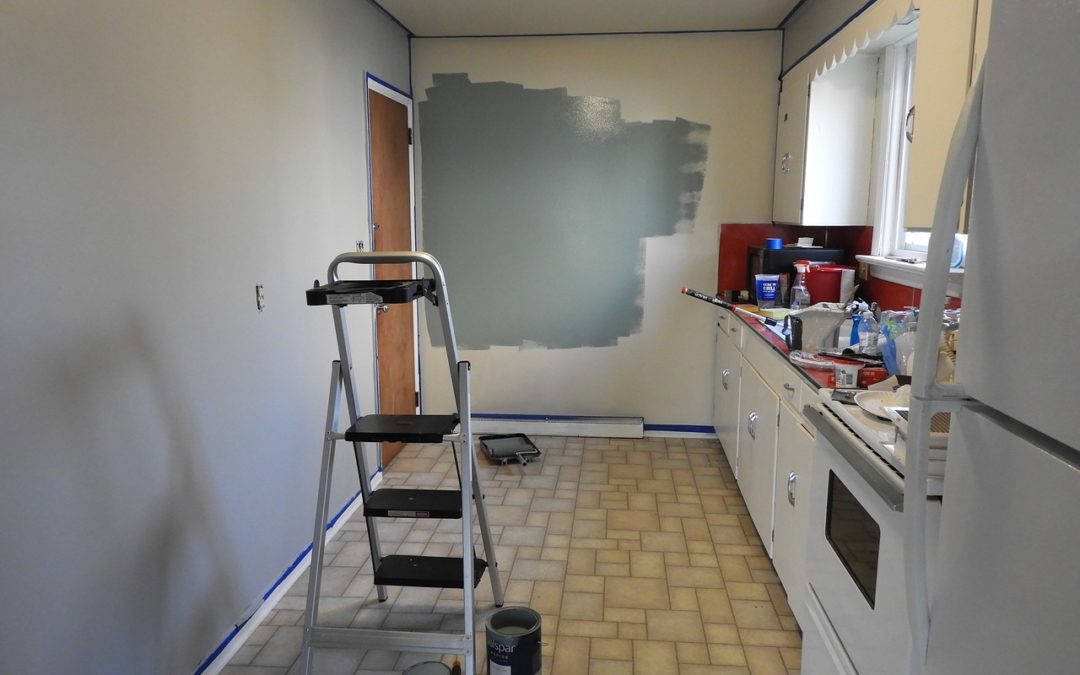If you’re in the house flipping business you probably have a good eye for catching a property with a lot of hidden value. The more quickly and easily you can perform repairs and renovations the faster you can turn it around and sell it at an attractive profit.
Often a house flipper will choose to do these repairs themselves to keep costs minimal. It makes sense, but if you’re not a builder or professional remodeler by trade it can be tough to assess what each home is really going to need. (Or how one repair/change may affect another in terms of cost or process time.)
We’ve had a lot of success acting as a remodeling consultant over the years for homeowners and commercial property management firms alike.
In this line of business, acting as a contractor consultant provides a solid happy medium between paying to have someone else do the work and trying to do everything yourself. Here are some of the key advantages:
Work on Your Schedule & Pay For Only What You Need
Outsourcing the remodeling work can be tough if it means having to work around that contractor’s availability. You might be thinking, “I’m willing to jump into this and move fast, so I’d rather handle it myself.”
Great.
Hiring a consultant for house flipping remodeling is all about knowledge and preparation without getting in the way. Your remodel consultant can review the property with you, looking for anything that is a concern, might present complications, or simply things you’ll want to bear in mind when it’s time to get the tools out.
- Types of tools you should expect to use
- Suggestions for materials needed, brands to look out for or stay away from
- Typical material costs and time needed to perform parts of the overall process
- Permits that will likely be required
- Tricks for doing parts of the project more affordably or more quickly
You’re only paying for the time for the consultant to review the property and make recommendations for you. And if they can save you money on supplies and materials, that’s already providing a return on investment for you.
Assistance Coordinating Other Trades Contracors
If you are using contractors to complete the work — even if it’s to supplement parts of the job you’re doing yourself — it can be tough to keep track of your own parts and stay on top of other crews.
A major value we’ve been able to provide to our clients over our 20+ years in this business is in projecting what the most logical phases each project should break down into.
For instance, say you’ll have electrical work to do, plumbing, some drywall repair, and painting. Parts of that are going to be obvious as far as what comes first, but whether the plumber’s work may conflict with the electrician’s in a given point, or one’s work may require the other to have to redo something, is tougher to see.
Especially if you’re doing part of the work, too. Getting a clear picture of what everyone else needs to be doing and how they need to proceed goes a long way toward clarity for how to fit yourself into that.
When we handle full-on remodel projects we always follow this model. We gather all contractors involved and have a meeting before work begins to plan out who is doing what and when. This prevents snags and hold-ups and keeps costs minimal.


